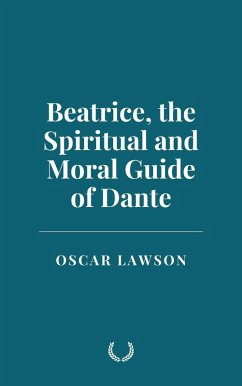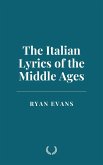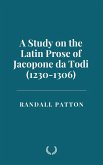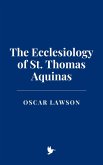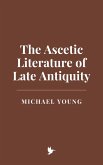The work is deeply rooted in medieval Christian thought, particularly the synthesis of Aristotelian philosophy and Christian theology, as articulated by figures like Thomas Aquinas. The book analyzes how Beatrice represents the ideals of divine justice, love, and wisdom, and explores her influence on Dante's understanding of the cosmos, the soul's purification, and the nature of virtue. Beatrice's relationship with other celestial figures, such as Virgil, St. Thomas Aquinas, and the saints in Paradiso, further illuminates her role as the perfect guide, mediating between intellectual understanding and spiritual illumination.
At the core of the book is the idea that Beatrice not only guides Dante through the celestial realms but also embodies the eternal return of divine lovean ever-present, unchanging force that moves the universe. Her guidance leads Dante toward the beatific vision, where the soul transcends the limitations of time and experiences the fullness of divine truth and love. Ultimately, the book argues that Beatrice is a representation of the divine harmony that underpins both the physical and spiritual realms, offering readers a model for their own intellectual, moral, and spiritual transformation. Through Beatrice, Dante reveals the cyclical, harmonious nature of divine love, and her legacy in Dante's work is a profound testament to the integration of reason, love, and divine wisdom in the human quest for salvation.
Dieser Download kann aus rechtlichen Gründen nur mit Rechnungsadresse in A, B, CY, CZ, D, DK, EW, E, FIN, F, GR, H, IRL, I, LT, L, LR, M, NL, PL, P, R, S, SLO, SK ausgeliefert werden.

